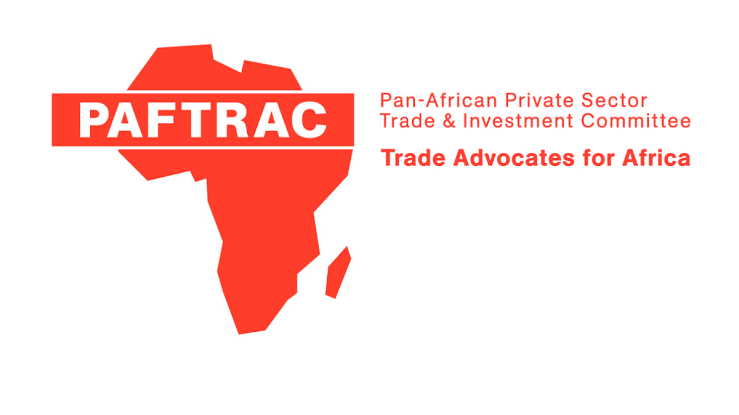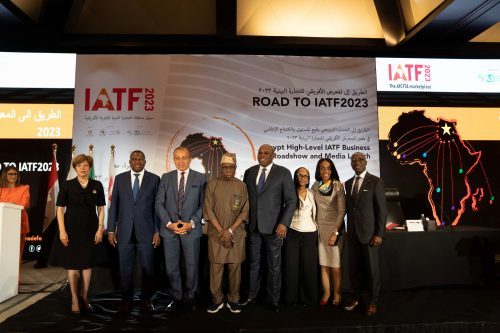President Muhammadu Buhari has affirmed Nigeria is ready to partner with African economic zones to utilize the economic benefits of the African Continental Free Trade Area (AfCFTA) agreement.
The President made the disclosure in Abuja, at the fifth African Union Symposium on Special Economic Zones (SEZs) and Green Industrialization, and the 7th edition of the African Economic Zones Organisation (AEZO) annual meeting.
The three-day event themed: “African Special Economic Zones: Engine for Resilience and Accelerator for Sustainable Industrial Value Chains Development,” assembled over 400 delegates representing government officials, ministers, heads of international organisations, eminent experts, academia, policy makers, financial institutions, economic zones, investment and promotion agencies representing 38 countries, including 52 African economic zones.
Buhari, who was represented by the Minister of Niger Delta Affairs, Mr. Umana Okon Umana, also urged the stakeholders to critically examine factors inhibiting the growth of free zones in Africa and come up with appropriate strategies to address identified challenges.
He recalled that the economic zones in Nigeria scheme dated back 30 years ago, adding that the idea was to use the export processing zones to promote export-oriented industries.
However, he noted that the scheme has over the years evolved from a strictly export-oriented manufacturing strategy to a more liberal scheme that allows a greater level of interaction with the domestic economy while simultaneously driving an increase in its level of attractiveness to potential investors.
He said: “We are ready to partner with the Special Economic Zones in Africa to benefit from the Africa Continental Free Trade Area Agreement.
“I commend the Africa Economic Zones Organisation for bringing together the operators of the zones. This will enhance intra-African trade and promote peer review among the operators.
“I urge you to critically examine the factors inhibiting the growth of free zones in Africa and come up with appropriate strategies of addressing any identified challenges.”
The president stated that Africa must rise to the occasion and compete favourably with other free zones in any part of the world.
According to the African Economic Zones Outlook (Edition 2021), more than 200 SEZs are operational in Africa while 73 projects have been announced for completion in 47 countries.
Approximately 150,000 hectares of land is dedicated to SEZs while over $2.6 billion has been mobilised in investments dedicated to agro-processing, manufacturing and services.
The AfCFTA is a free trade area encompassing most of Africa. It is an agreement that is expected to create the largest free trade area in the world measured by the number of countries participating.
The operational phase of the AfCFTA was launched during the 12th Extraordinary Session of the Assembly of the Union on the AfCFTA in Niamey, Niger on 7 July 2019.
The pact connects 1.3 billion people across 55 countries with a combined gross domestic product (GDP) valued at $3.4 trillion. The continental trade deal has the potential to lift 30 million people out of extreme poverty, but achieving its full potential will depend on putting in place significant policy reforms and trade facilitation measures.
Start of trading under the AfCFTA Agreement begun on January 1, 2021, however, no trade has as yet taken place under the AfCFTA regime. As at October 2022, 44 of the 54 signatories (81.5%) have deposited their instruments of AfCFTA ratification (ordered by date).










